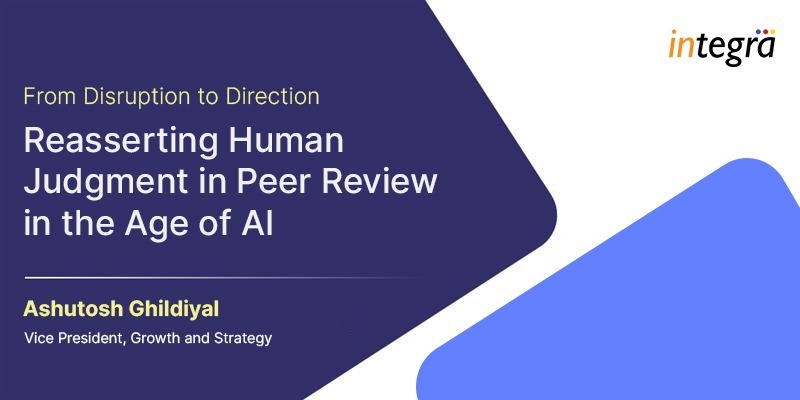Embracing Continuous Learning for Business Growth and Innovation

Mapping the Future: L&D as a Strategic Navigator
Just as explorers navigate uncharted territories, businesses today traverse a landscape transformed by the fourth industrial revolution, artificial intelligence (AI), hyper-automation and IoT reshaping the horizon. A culture of continuous learning act as the compass and map, guiding teams through unfamiliar terrain. By embracing learning & development (L&D) as a strategic organizational capability and a key business partner, companies equip themselves with the tools and knowledge to understand the terrain’s challenges and opportunities, ensuring they not only survive but thrive in this new world of work.
Aligning Learning with Business Objectives
For businesses to thrive, aligning L&D initiatives with business objectives is essential. This alignment helps increase productivity, revenue, and customer base while fostering innovation. Continuously trained and upskilled employees are more engaged, productive and innovative, significantly contributing to the company’s bottom line. Indeed, companies with engaged employees experience a 21% increase in revenue, as Gallup reports.
Ignoring the importance of continuous learning can lead to substantial productivity losses. The same Gallup report estimated that employee disengagement costs U.S. companies between $450 billion to $550 billion annually. Therefore, investing in targeted and effective training programs is not only beneficial but also imperative.
(This article is an excerpt from the eBook, Disruption-ready L&D: Ramp to Resilience. Download the eBook for a detailed read.)
Encouraging Continuous Learning Culture
Innovation is key to maintaining a market edge, and L&D initiatives are crucial in cultivating an innovative culture. By providing employees with new skills and knowledge, organizations promote bottom-up innovation, ensuring employee efforts align with the company’s goals and values.
Continuous Learning as a Strategy
A strong L&D strategy is essential for organizational survival and growth. It must include policies promoting continuous learning at all organizational levels. This involves understanding employee aspirations and addressing ‘Unconscious Incompetence‘ — a state where employees are unaware of their skill gaps. A culture valuing all learning types, structured or informal, is critical for ongoing skill development.
Focusing on Employee-Centric L&D Policies
Creating L&D policies should aim at mutual growth for the company and its employees. It is vital to recognize and cater to the dynamic nature of employee goals. Career paths should be adaptable, allowing employees to grow and shift according to their changing aspirations. Moreover, acknowledging and rewarding skill acquisition encourages continuous learning and development.
Commitment to New Capability Development
Organizations must commit to investing in new capabilities and sponsoring education or upskilling opportunities for their employees. Such investments result in high-performing, forward-moving organizations, with the benefits significantly outweighing the initial costs.
The Evolution and Impact of L&D
The future hinges on creating a robust learning culture. A standardized learning culture ensures that L&D policies are effectively implemented, leading to an engaged, skilled workforce driving the business towards sustainable growth and innovation. In conclusion, as businesses evolve amidst technological advancements, continuous learning stands as the cornerstone of innovation, employee satisfaction, and organizational success.
Recent Blogs

Print, Pedagogy, and AI: The New Architecture of Educational Publishing

From Disruption to Direction: Reasserting Human Judgment in Peer Review in the Age of AI



